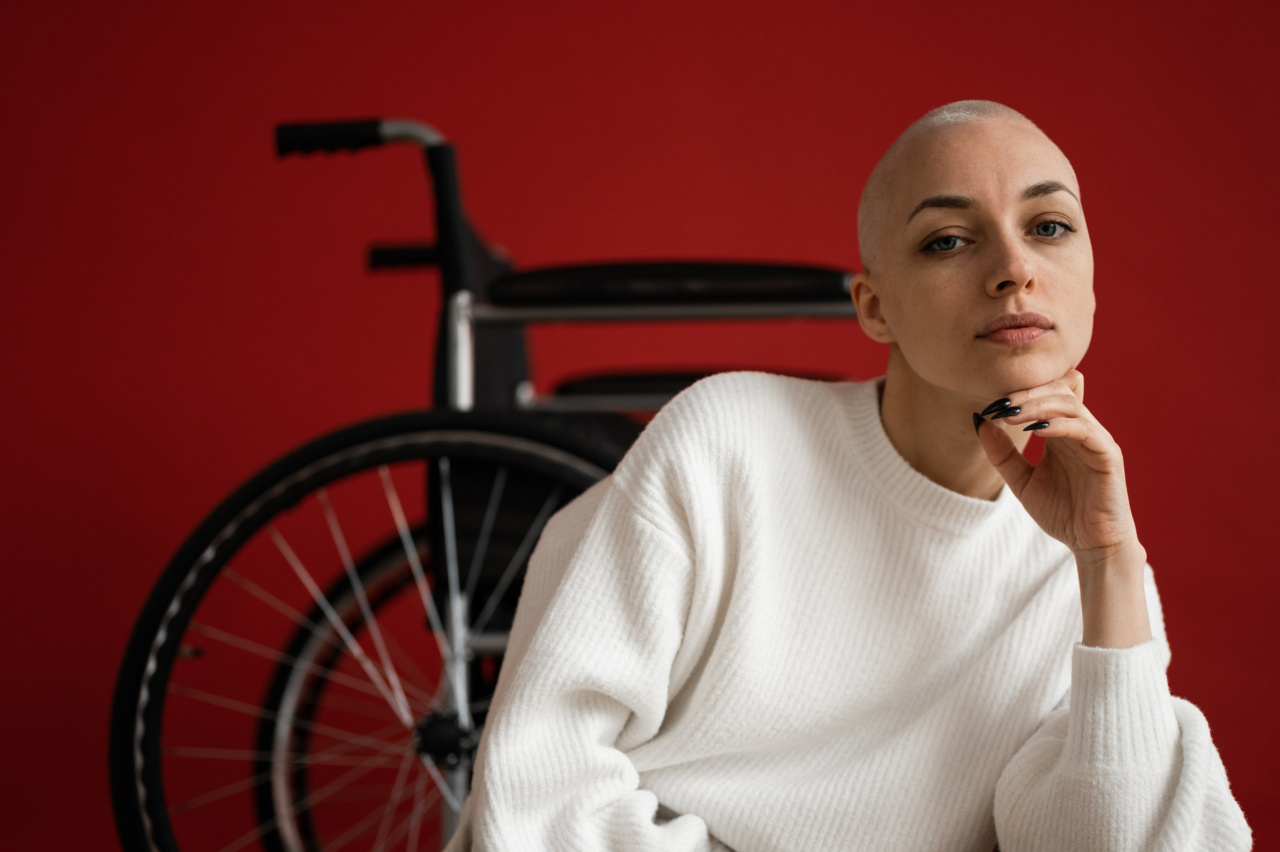Stroke recovery can be a challenging and overwhelming process, both physically and mentally. It is common for individuals recovering from stroke to experience mood swings and difficulty concentrating.
However, there are various strategies and techniques that can help boost mood and enhance concentration during stroke recovery. In this article, we will discuss ten effective ways to overcome these challenges and improve overall well-being.
1. Engage in Physical Exercise
Physical exercise has been proven to have numerous benefits for stroke recovery, including improving mood and concentration. Engaging in regular exercise helps release endorphins which are known as “feel-good” hormones.
It can also help increase blood flow to the brain, promoting better cognitive function and focus. From low-intensity activities like walking and stretching to more intense workouts, finding an exercise routine that suits your abilities and interests is crucial for boosting mood and concentration.
2. Practice Mindfulness and Meditation
Mindfulness and meditation have gained widespread popularity for their positive impact on mental health and overall well-being. These practices involve focusing on the present moment, cultivating awareness, and reducing stress.
Several studies have shown that mindfulness and meditation can help reduce symptoms of anxiety and depression, improve cognitive abilities, and enhance concentration. Incorporating these practices into your daily routine can have a profound effect on your mood and focus during stroke recovery.
3. Get Sufficient Sleep
Sleep plays a crucial role in overall brain health and function. Lack of proper sleep can lead to mood disturbances, difficulty concentrating, and even memory problems.
It is important to establish a regular sleep routine and ensure you are getting sufficient sleep each night. Creating a relaxing bedtime routine, avoiding electronic devices before bed, and creating a comfortable sleep environment are some strategies that can help improve the quality and duration of your sleep.
4. Maintain a Balanced Diet
Eating a nutritious and balanced diet is vital for not only physical health but also mental well-being. Certain foods and nutrients have been linked to better mood and cognitive function.
Include foods rich in omega-3 fatty acids, such as fatty fish, walnuts, and flaxseeds, as these can help reduce inflammation and improve brain health. Consuming plenty of fruits, vegetables, and whole grains also provides essential vitamins and minerals necessary for overall well-being.
5. Stay Hydrated
Dehydration can significantly impact mood and cognitive abilities. Being adequately hydrated not only promotes physical health but also helps maintain optimal brain function.
Ensure you drink plenty of water throughout the day and limit the consumption of caffeine and alcohol, as these substances can cause dehydration.
6. Seek Emotional Support
During stroke recovery, it is essential to surround yourself with a supportive network of family, friends, and healthcare professionals.
Seeking emotional support and engaging in regular communication with loved ones can have a positive impact on mood and motivation. Consider joining support groups or connecting with individuals who have gone through a similar experience. Talking openly about your feelings and concerns can help reduce stress, boost mood, and enhance concentration.
7. Set Realistic Goals
Setting achievable goals is vital for maintaining motivation and preventing feelings of frustration or overwhelm during stroke recovery. Break down larger goals into smaller, manageable tasks, and celebrate each milestone you accomplish.
This approach helps boost mood by providing a sense of accomplishment and progress. It also allows you to focus on one task at a time, enhancing concentration and reducing distractions.
8. Engage in Relaxation Techniques
Relaxation techniques such as deep breathing exercises, progressive muscle relaxation, and guided imagery can help reduce stress, improve mood, and enhance focus.
These techniques activate the body’s relaxation response, leading to a sense of calm and mental clarity. Experiment with different relaxation techniques to find the ones that work best for you. Incorporating them into your daily routine can significantly aid in stroke recovery.
9. Maintain a Structured Routine
Establishing a structured routine can provide a sense of stability and predictability during stroke recovery. Having a daily schedule with designated times for activities, rest, and therapy can help improve mood and enhance concentration.
Ensure you allocate time for relaxation, leisure activities, and self-care, as these are essential for overall well-being.
10. Engage in Cognitive Exercises
Keeping your mind active and engaged is crucial for improving concentration and cognitive function during stroke recovery. Engage in cognitive exercises such as puzzles, reading, learning new skills, or participating in brain-training activities.
These activities help stimulate neural pathways, enhance memory, and improve overall cognitive abilities. Incorporating cognitive exercises into your daily routine can help boost mood and sharpen focus.






























